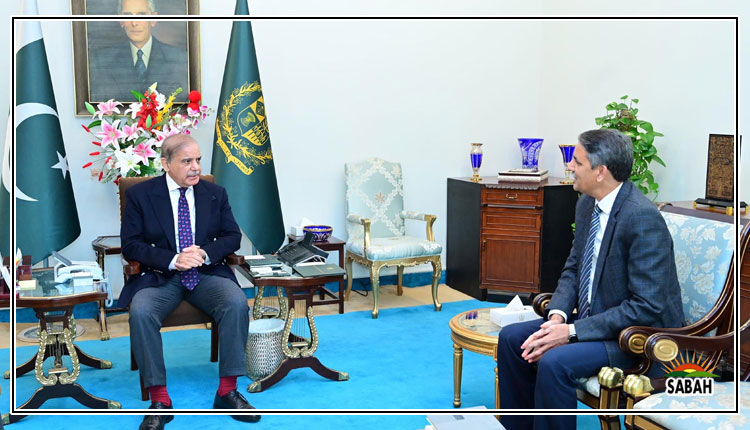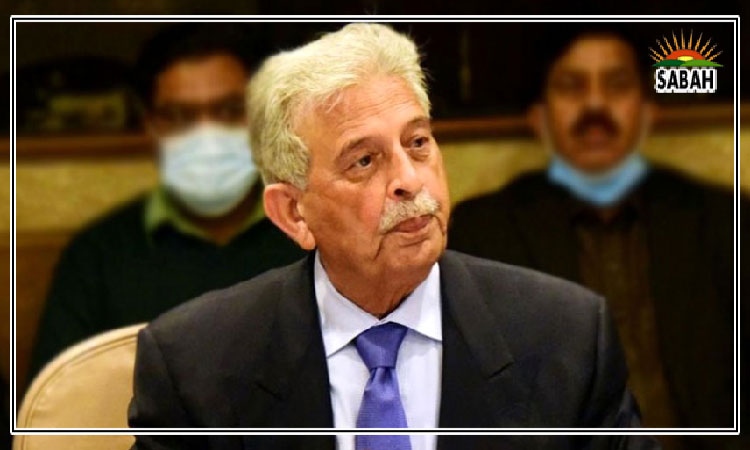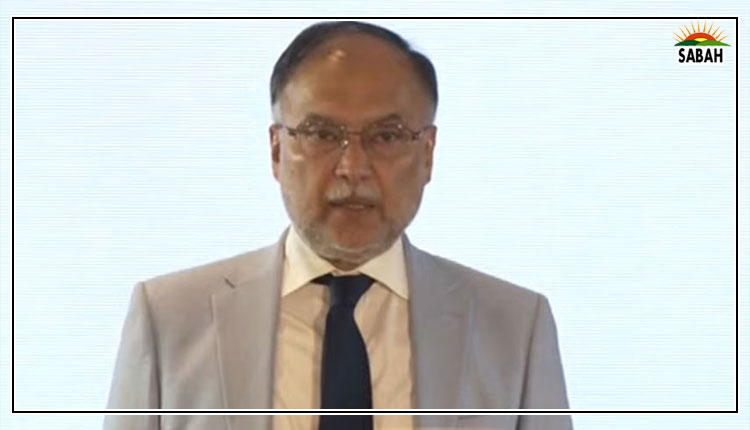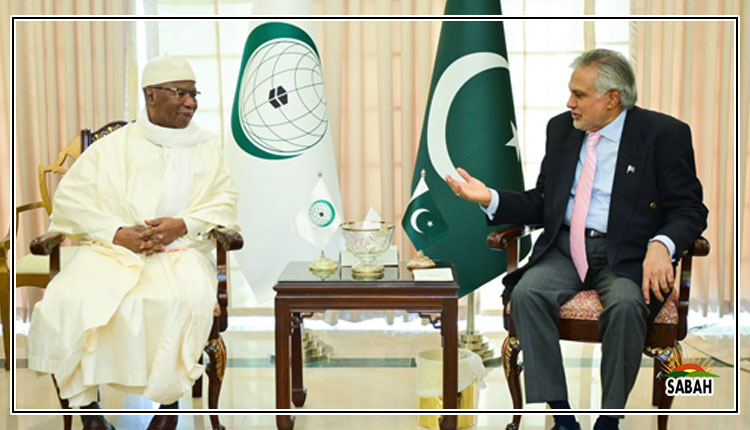The right to learn, and live…. Muhammad Hamid Zaman
When all girls in Afghanistan were denied the chance to go to school in late 2021, there were lots of apologists in the country. The arguments were many: the schools are not yet safe; there are other safety concerns; only a matter of weeks; etc. But 475 days later, things are no different. In fact, they are much worse. It has been three weeks since the doors of higher education were also shut on women. Two weeks ago, the Taliban government banned all female staff from working in any NGO, including those that provide essential and lifesaving services to women and children. With a harsh winter setting in, a serious famine-like situation in the country, high burden of disease and abject poverty are a likely death sentence for countless innocent persons.
On the eastern side of the Afghan border, the same apologists, many of whom have enjoyed (or are enjoying) power and privilege in Pakistan, have mostly stayed silent. In August 2021, they were excited about a new chapter for the Afghan people, and the dawn of the era of freedom from the shackles of slavery. At that time, they seemed to be really concerned about the future and the wellbeing of the Afghans. They should have told us then that they only care about themselves and the wellbeing of some Afghan men, not all Afghans. Today, they seem to be too busy to be bothered about the health, education and wellbeing of Afghans in general, and women in particular.
Some apologists have taken a different track. Their argument is that we should not interfere in the internal matters of other nations. They say that if their governments choose a particular policy, who are we to disagree? Unfortunately, that argument would only be valid if the same principle were to be applied to Palestinians, Kashmiris or other vulnerable and oppressed people. The hypocrisy could not be more stark. Here, I do want to point out that those who were most excited about the new dawn in August 2021 (in the political circles or in the media) have had a long history of misogyny. Their prior statements and positions have been most disturbing. It is, therefore, not simply a correlation that they have not been bothered about the current situation of education and health of women in Afghanistan.
For the large majority making up rest of the country, the only time Afghanistan comes up is when there is a discussion of terrorism or cross-border hostilities. The concern for citizens suffering because of neglect, poverty and misogyny simply does not exist.
The response coming from the West is also equally troubling though not at all surprising. After supporting a corrupt regime for nearly two decades, destroying families and communities, and being part of the problem for much longer, the only thing we get these days are ceremonial tweets by ministers, Presidents and PMs. The responses seem mechanical, artificial and devoid of any empathy, concern or resolve.
Perhaps it is easy to give up and mourn our powerlessness. But status quo cannot, and should not, be acceptable, and the struggle for most fundamental rights should continue. If we believe that the right to education and the right to healthcare is universal then we have to live by those values for everyone, everywhere. We also have to check our own intentions and put human dignity at the centre of our effort. For those of us who are privileged and may know people in government, media, bureaucracy or other sectors, we have to mobilise support for this issue. I remain convinced that there are still people in positions of power who care, and care for the right reasons. These people need our support, just as we need theirs. Finally, and perhaps most importantly, we need to look at ourselves in the mirror and ask if we cannot unconditionally support the right to learn, live and heal, what kind of people have we become?
Courtesy The Express Tribune












